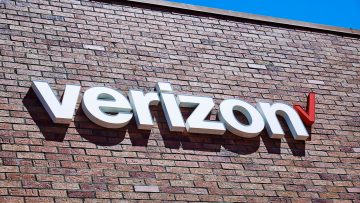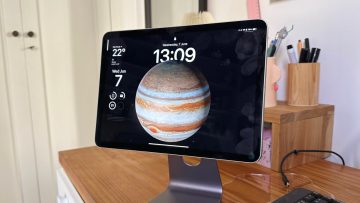The Trump administration is pushing hard for the installation of facial recognition technology at the biggest airports in the US, with a goal of eventually using it to track every international passenger who passes through them. Including Americans.
That’s according to documents uncovered by the Electronic Privacy Information Center, the contents of which were reported by BuzzFeed News — including details of an executive order President Trump signed in March 2017 mandating a fast rollout of biometric verification for all travelers coming into the US.
That executive order also stipulated the Trump administration’s goal of installing facial recognition capabilities at the top 20 US airports by 2021 to track “100 percent of all international passengers.” It’s a tall order, of course, and naturally comes with a slew of privacy risks and the need to implement myriad safeguards, with privacy advocates arguing this appears to be a rush job that could have ominous consequences.
This all stems from an Obama-era piece of legislation putting the pieces in place for a biometric tracking system, with Trump officials now apparently rushing to implement such a system that would track more than 100 million international travelers on more than 16,000 flights per week.
Myriad obstacles exist to very likely prevent the government from hitting its 2021 target for 100 percent tracing. An inspector general report out of the US Dept. of Homeland Security, for example, notes factors seemingly outside the government’s control, such as “airlines’ recurring tendency to bypass the biometric matching process in favor of boarding flights for an on-time departure.”
During a test period when some US airports where experimenting with biometric passenger verification, the report notes that airports seemed to be more concerned with prompt boarding and expediting departures than comprehensive security checks. It also cites data showing that “more than 220 flights departed the country from January to November 2017 with fewer than 75 percent of passengers biometrically confirmed. Repeatedly permitting airlines to revert to standard flight-boarding procedures without biometric processing may become a habit that is difficult to break.” Those airlines may fall back to older practices and checks, in other words, when flight times start to get “compressed,” during staffing shortages and amid changes like last-minute gate swaps
Among the reasons why privacy advocates are concerned about this rollout is the fact that per BuzzFeed the government has foregone the usual public feedback collection before writing the rules that govern this technology’s rollout. It’s a major expansion of the surveillance state, in other words — one apparently being pushed through with little to no input from the people who are going to be most affected.







